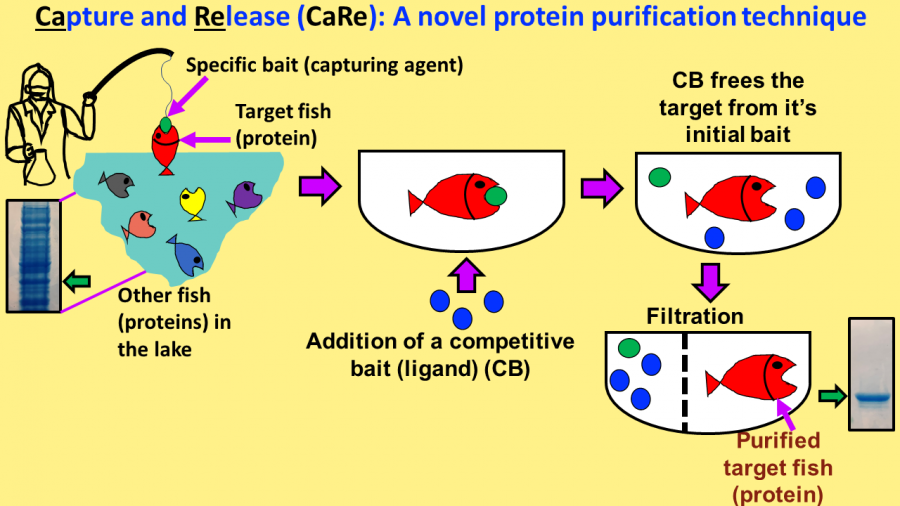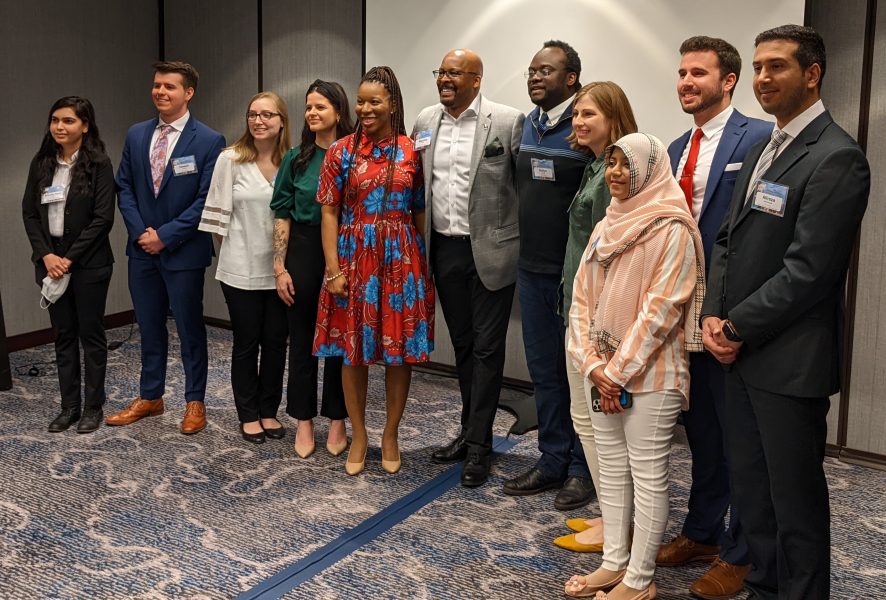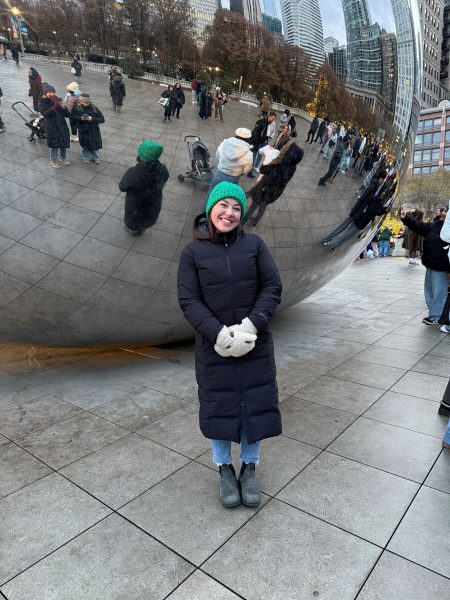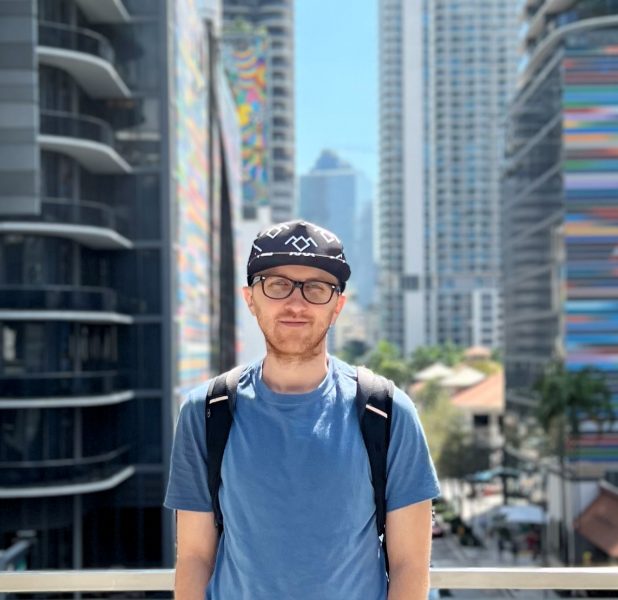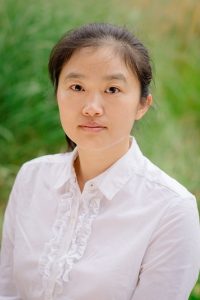Samerender Nagam Hanumantharao
Biomedical Engineering
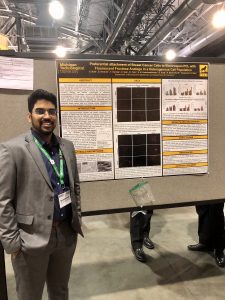 I moved to the city of Houghton to pursue my M.S. degree in Biomedical Engineering in Fall 2015. I completed my Masters’ thesis, titled “ A 3D Biomimetic Scaffold using Electrospinning for Tissue Engineering Applications” under the guidance of Dr. Smitha Rao in Spring 2017. I continued to work with Dr. Rao in pursuit of my Ph.D. My PhD work focuses on understanding and exploiting the role of biomechanical cues in chronic wound healing and cancer. Interestingly, these two diseases share some common factors that can be used to make bandages that can accelerate wound healing or trap metastatic cancer cells. I want to thank the Graduate School for the funding during the last stage of my research.
I moved to the city of Houghton to pursue my M.S. degree in Biomedical Engineering in Fall 2015. I completed my Masters’ thesis, titled “ A 3D Biomimetic Scaffold using Electrospinning for Tissue Engineering Applications” under the guidance of Dr. Smitha Rao in Spring 2017. I continued to work with Dr. Rao in pursuit of my Ph.D. My PhD work focuses on understanding and exploiting the role of biomechanical cues in chronic wound healing and cancer. Interestingly, these two diseases share some common factors that can be used to make bandages that can accelerate wound healing or trap metastatic cancer cells. I want to thank the Graduate School for the funding during the last stage of my research.

